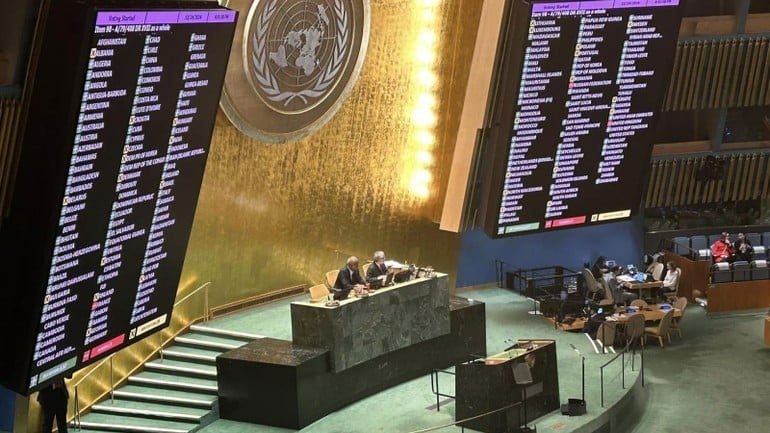
On the afternoon of December 24, 2024 (New York time), the United Nations General Assembly unanimously adopted the United Nations Convention against Cybercrime. According to Article 64 of the Convention, this document will be opened for signature in Hanoi in 2025. Accordingly, the Convention is called the "Hanoi Convention". (Photo: VNA)
The Hanoi Convention is an important legal milestone with multidimensional significance.
From the perspective of a Professor, Doctor of Economics and Politics , Mr. Mac Quoc Anh, Member of the Central Committee of the Vietnam Fatherland Front, Vice Chairman and General Secretary of the Hanoi Association of Small and Medium Enterprises, said that the signing of the Hanoi Convention - the United Nations Convention against Cybercrime in Vietnam at the end of October 2025 has multi-dimensional significance - not only in terms of specialized legal techniques but also in terms of international status, digital diplomacy, and socio-economic development in the digital age.
In terms of law and cybersecurity, according to Dr. Mac Quoc Anh, this Convention is the first global multilateral document specializing in cybercrime and international legal cooperation in the field of security. Therefore, the fact that Vietnam is the host country of the signing ceremony and named the "Hanoi Convention" is an important legal milestone, showing that Vietnam is not only a participant but also plays an active role in creating an international legal framework on cybersecurity.
“By signing and internalizing the convention, Vietnam is forced to review and upgrade its domestic legal system: from criminal law, criminal procedure law, to information security law, data law. This means enhancing the ability to trace, transfer electronic evidence, extradite criminals across borders, and provide international judicial assistance.
In the context of cyber security being a huge non-traditional security challenge, having an international legal framework helps Vietnam enhance its response capabilities: sharing information, coordinating investigations, and connecting with international centers,” Dr. Mac Quoc Anh shared.
Affirming the importance of cybersecurity in the context of the digital economy, Dr. Mac Quoc Anh said that as the digital economy develops strongly (internet connection, data, digital assets, information technology), cybercrime (phishing, ransomware, system intrusion) is increasing. The convention creates international standards to protect cyberspace, thereby contributing to the protection of the digital economy and digital assets. For Vietnam, organizing and participating in the convention is a way to proactively demonstrate cybersecurity governance - a pillar of digital transformation and national digital sovereignty .
Regarding international status, diplomacy and international cooperation, Dr. Mac Quoc Anh affirmed that the United Nations choosing Hanoi as the place to sign the Convention on Cybercrime is an important international milestone - the first time a global convention on cybercrime is named after the capital of Vietnam. This enhances the image of Vietnam as a "proactive-responsible-capable" country in the digital age.
On the diplomatic front, this is a testament to the policy of “proactive integration, multilateralization, and diversification of international relations” that Vietnam is pursuing. Contributing to the development of global standards helps Vietnam shift from the role of “receiver” to “creator”.
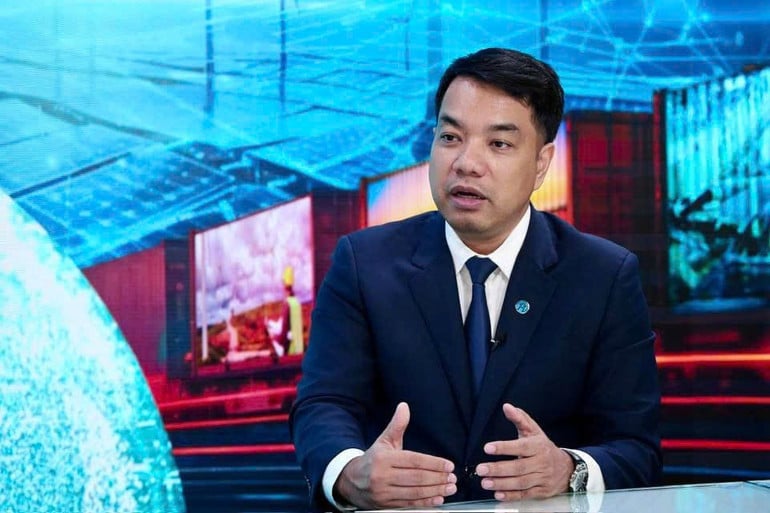
Professor-Doctor Mac Quoc Anh, Member of the Central Committee of the Vietnam Fatherland Front, Vice President and General Secretary of the Hanoi Association of Small and Medium Enterprises.
Dr. Mac Quoc Anh stated that in the era of digital transformation, “digital sovereignty” and “cyber security” are two areas closely linked to national sovereignty. Vietnam’s participation in and organization of the convention helps affirm that Vietnam is ready to protect the national digital space, ensure information security and international cooperation on the basis of respecting sovereignty.
Analyzing the economic aspect - digital transformation and development opportunities, Dr. Mac Quoc Anh said that this event sends a strong signal to the international business community and investors that Vietnam is not only a developing digital market but also a safe digital environment with clear international commitments. This increases investment attraction in the fields of cybersecurity, data, information technology; encourages domestic enterprises to improve digital institutions and infrastructure, contributing to the national goal of becoming a high-income developed country by 2045.
However, to turn these strategic meanings into reality, according to Dr. Mac Quoc Anh, Vietnam needs to focus on a number of recommendations: Improve the capacity to enforce cybersecurity laws, invest heavily in human resources, upgrade the investigation system, international coordination, and meet the requirements of the convention; Review and perfect domestic legal institutions to comply with international commitments, while ensuring a balance with human rights and privacy; Develop the domestic cybersecurity industry: encourage businesses, international cooperation, technology transfer, and create added value from cybersecurity; Strengthen international communication and markets to make Vietnam a trusted destination for cybersecurity - thereby attracting investment and international cooperation; Maintain international prestige, during the implementation process, it is necessary to be transparent, comply with human rights, and avoid any violations that would undermine the prestige that has been strengthened through this event.
Hanoi Convention - A global commitment for a safer digital world
Commenting on the significance of the United Nations Convention against Cybercrime, which will be opened for signing on October 25 and 26 in Hanoi, Mr. Lai Hop Nhan - Deputy Secretary of the Party Committee and Marketing Director of Bitexco Group, emphasized that the Hanoi Convention is not a distant document of the Government, but a basic "traffic law" for the digital highway closely related to each individual.
Citing the above statement, Mr. Lai Hop Nhan said that borderless cybercrime is directly threatening assets, personal data (from bank accounts, personal information) and business reputation. The Convention provides an international legal framework to track and handle crimes more quickly. Therefore, the first meaning is to protect yourself and your family in the digital environment.
The next meaning is personal responsibility or in other words, cyber security starts with us as individuals. Accordingly, each citizen must consider themselves the first "stronghold" in protecting cyberspace. This requires raising awareness, complying with basic security principles (not sharing information, not clicking on strange links, using strong passwords) and promptly reporting fraudulent behavior. Cyber security is not only the job of the authorities but also the civil responsibility of everyone.
According to Mr. Lai Hop Nhan, for the Hanoi Convention to quickly come into life, the most important factor is the responsibility and awareness of Party members. For each Party member, implementing and spreading the spirit of the Hanoi Convention has a deeper meaning, closely linked to the pioneering responsibility.
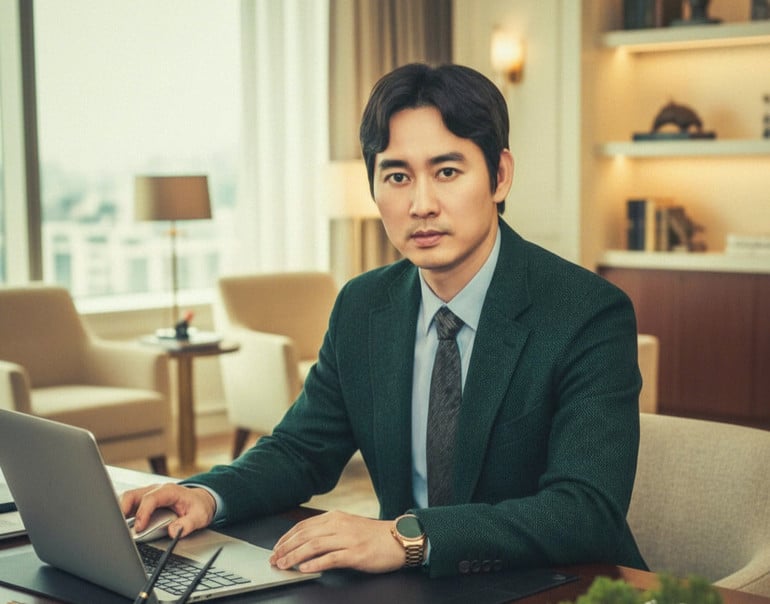
Mr. Lai Hop Nhan, Deputy Party Secretary, Marketing Director of Bitexco Group.
First of all, it is necessary to be a pioneer in awareness and discipline. Party members need to be people who clearly understand and set an example in complying with regulations on cybersecurity, protecting personal and organizational data; must be aware that cybersecurity is part of national security and a vital factor in the development of the digital economy.
Next is the responsibility to propagate and set an example. Party members must proactively propagate and disseminate knowledge about preventing cybercrime, raising awareness in the community. We need to be the pioneers in building a culture of civilized and safe behavior in cyberspace, contributing to the defeat of plots to exploit cyberspace for sabotage and distortion.
“It can be affirmed that the Hanoi Convention is a global commitment for a safer digital world. To turn this commitment into concrete action, the initiative and responsibility of each citizen, especially the pioneering and exemplary role of each Party member, is the decisive factor,” Mr. Lai Hop Nhan shared.
Khanh Lan
Source: https://nhandan.vn/cong-uoc-ha-noi-loi-cam-ket-toan-cau-vi-mot-the-gioi-so-an-toan-hon-post917667.html


![[Photo] Prime Minister Pham Minh Chinh and South African President Matamela Cyril Ramaphosa attend the business forum](https://vphoto.vietnam.vn/thumb/1200x675/vietnam/resource/IMAGE/2025/10/24/1761302295638_dsc-0409-jpg.webp)
![[Photo] President Luong Cuong chaired the welcoming ceremony and held talks with United Nations Secretary-General Antonio Guterres](https://vphoto.vietnam.vn/thumb/1200x675/vietnam/resource/IMAGE/2025/10/24/1761304699186_ndo_br_1-jpg.webp)
![[Photo] Solemn funeral of former Vice Chairman of the Council of Ministers Tran Phuong](https://vphoto.vietnam.vn/thumb/1200x675/vietnam/resource/IMAGE/2025/10/24/1761295093441_tang-le-tran-phuong-1998-4576-jpg.webp)


![[Photo] Prime Minister Pham Minh Chinh chairs conference on breakthrough solutions for social housing development](https://vphoto.vietnam.vn/thumb/1200x675/vietnam/resource/IMAGE/2025/10/24/1761294193033_dsc-0146-7834-jpg.webp)
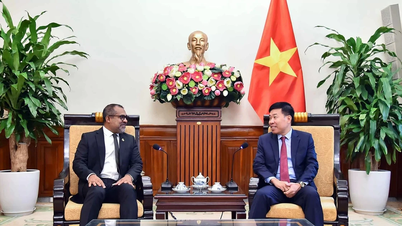

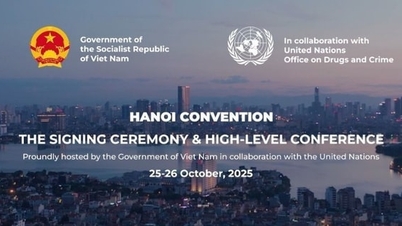



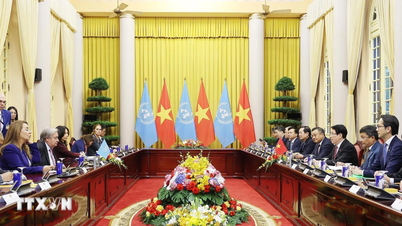
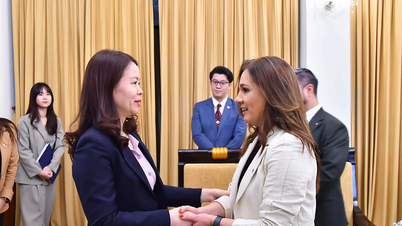
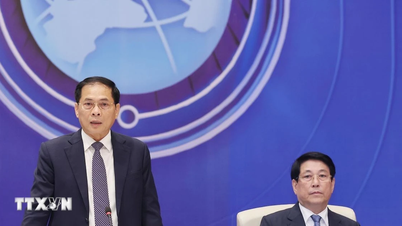
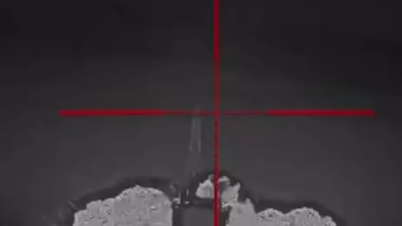

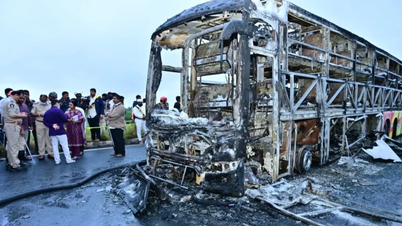




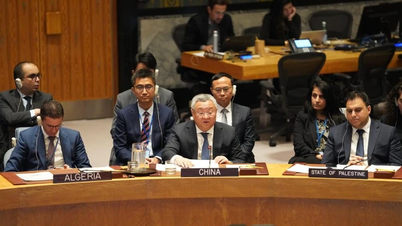





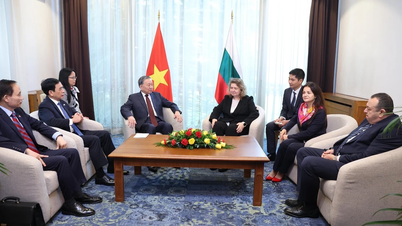
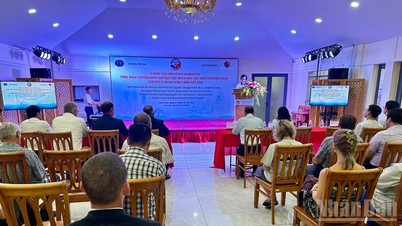
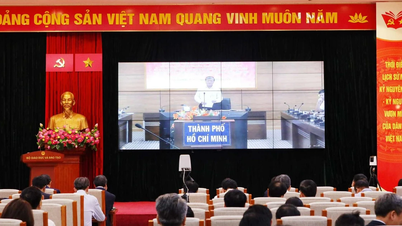
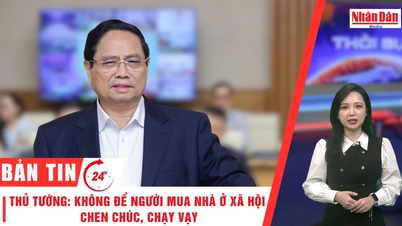
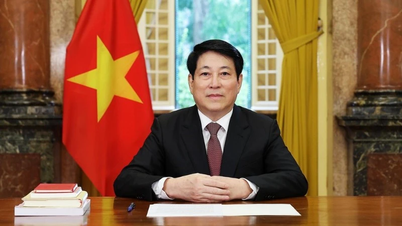




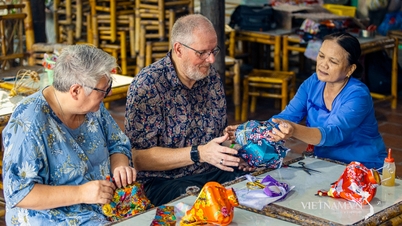

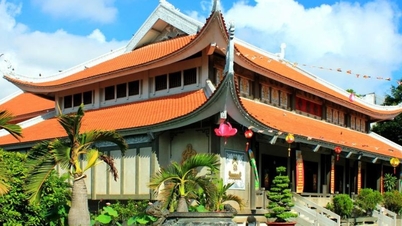



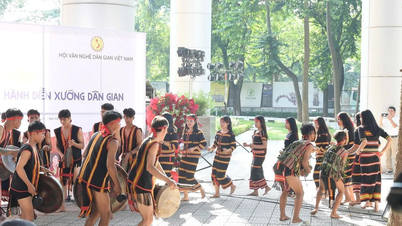



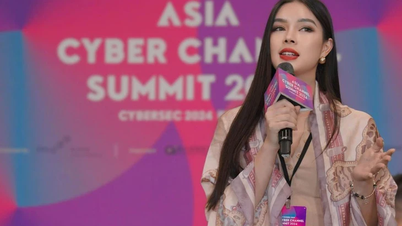




















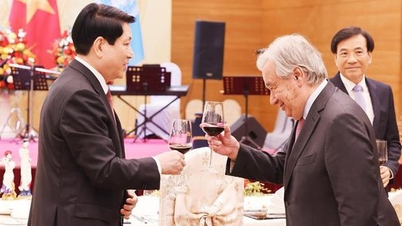
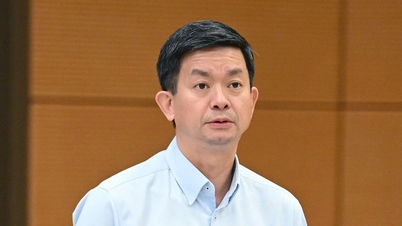
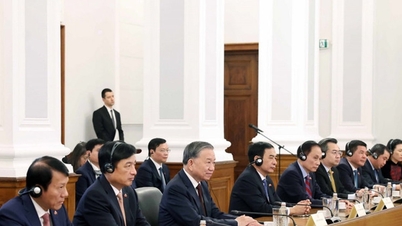

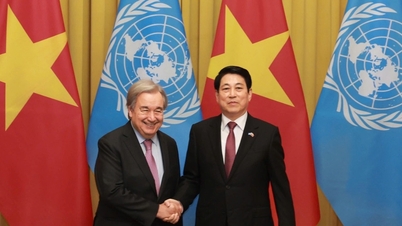



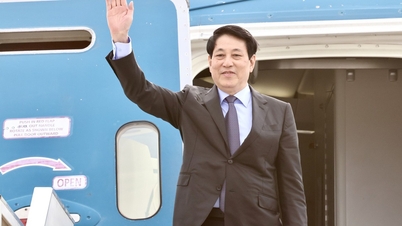

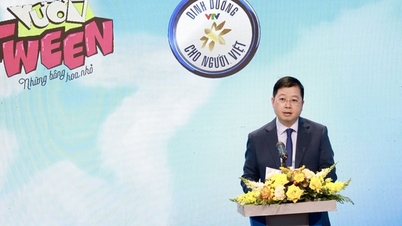
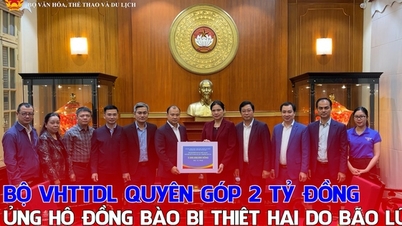


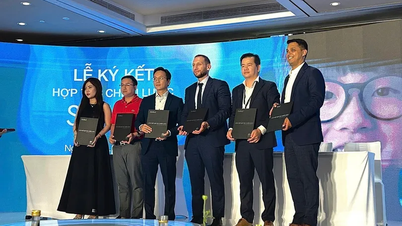

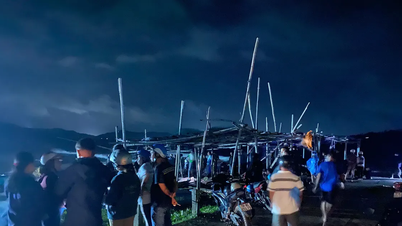
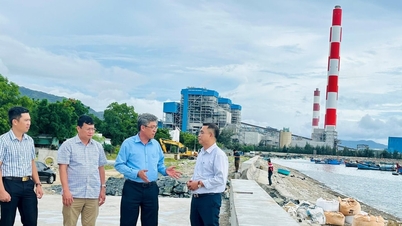


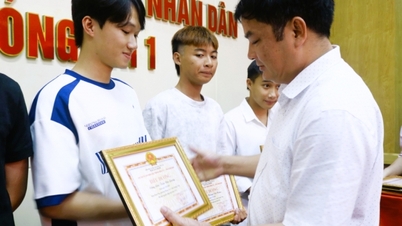

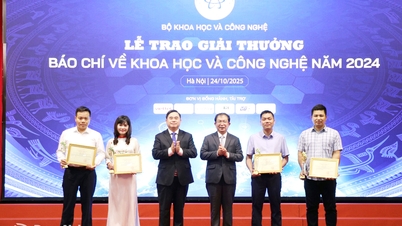











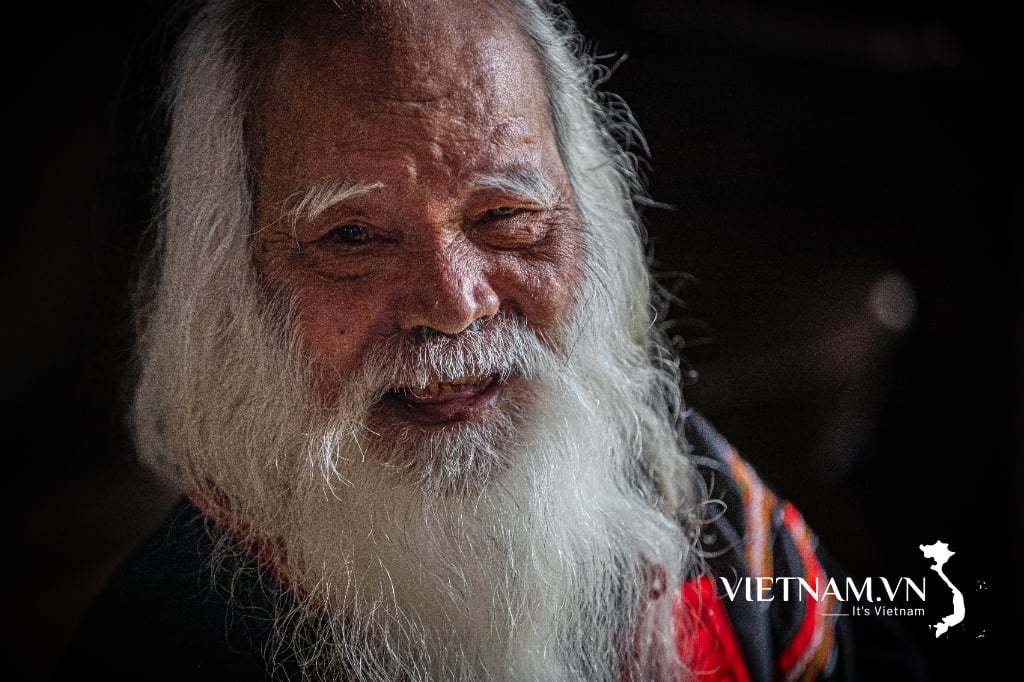



Comment (0)